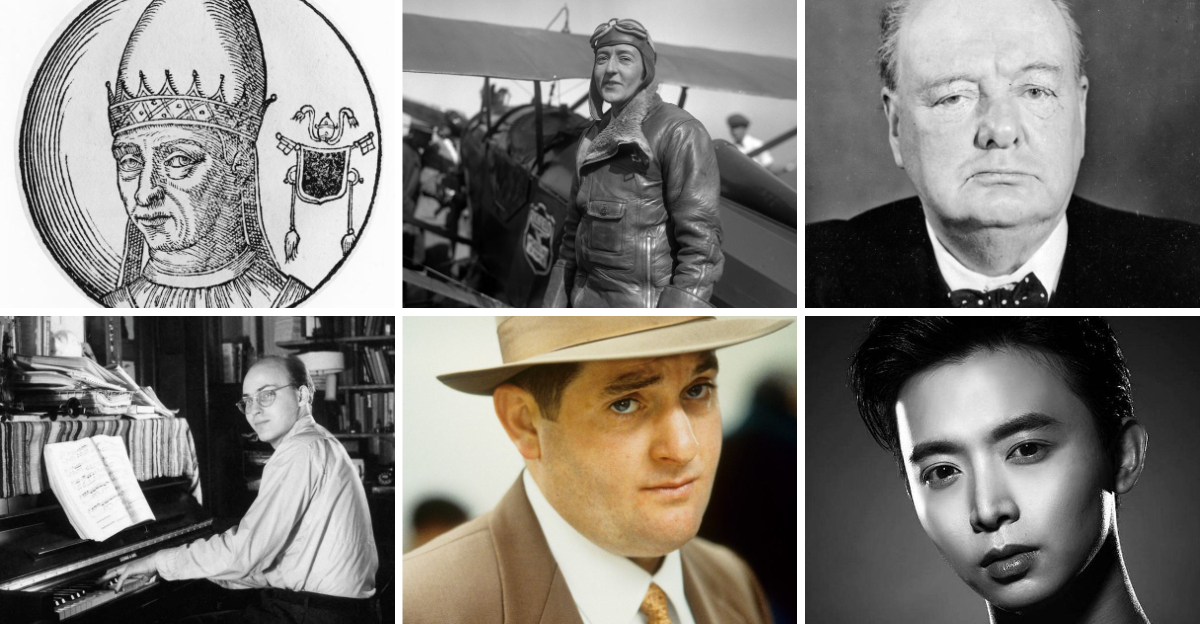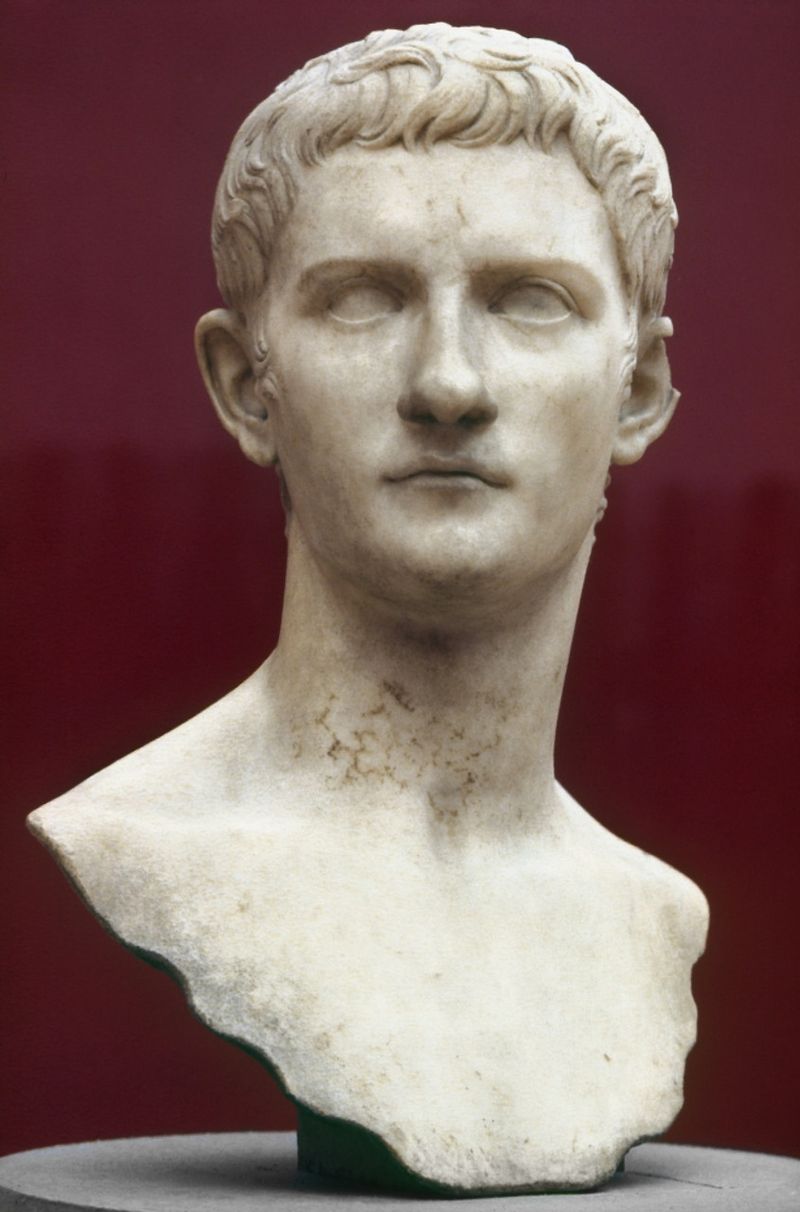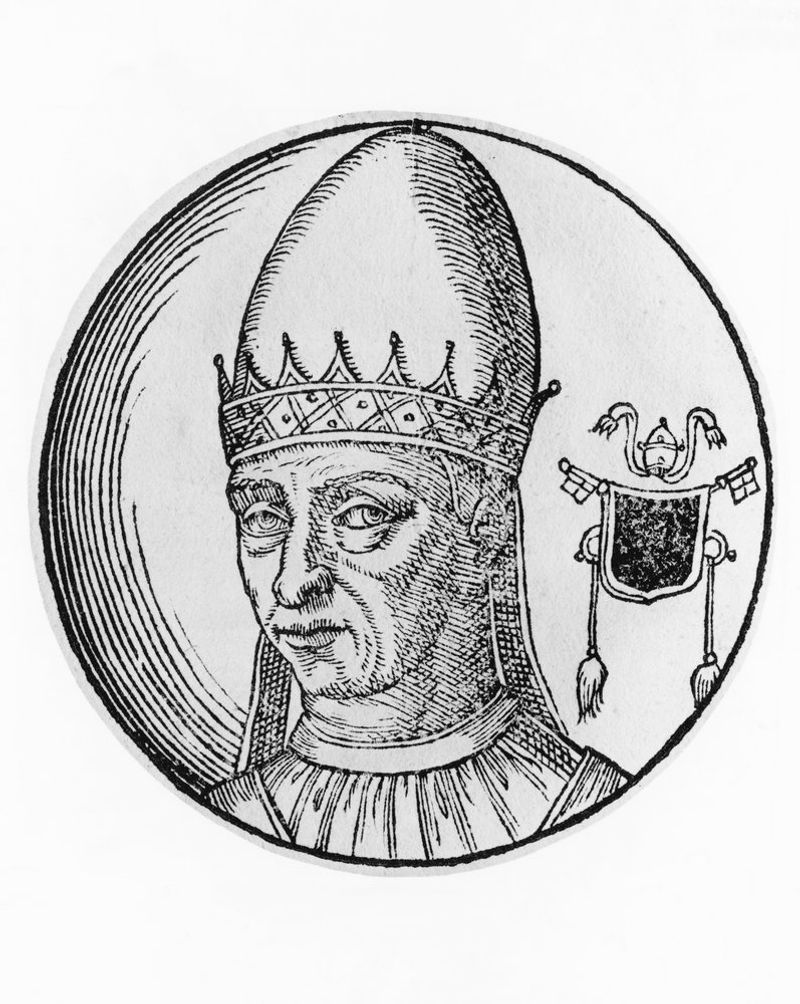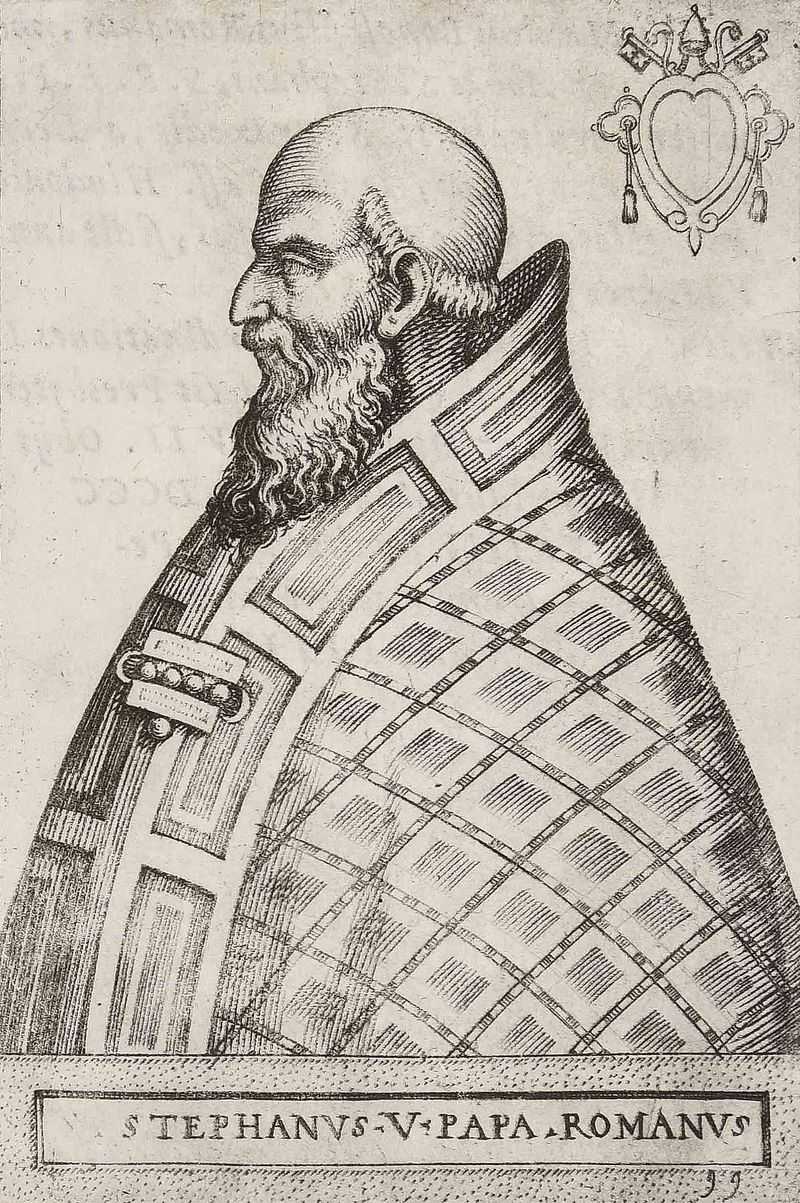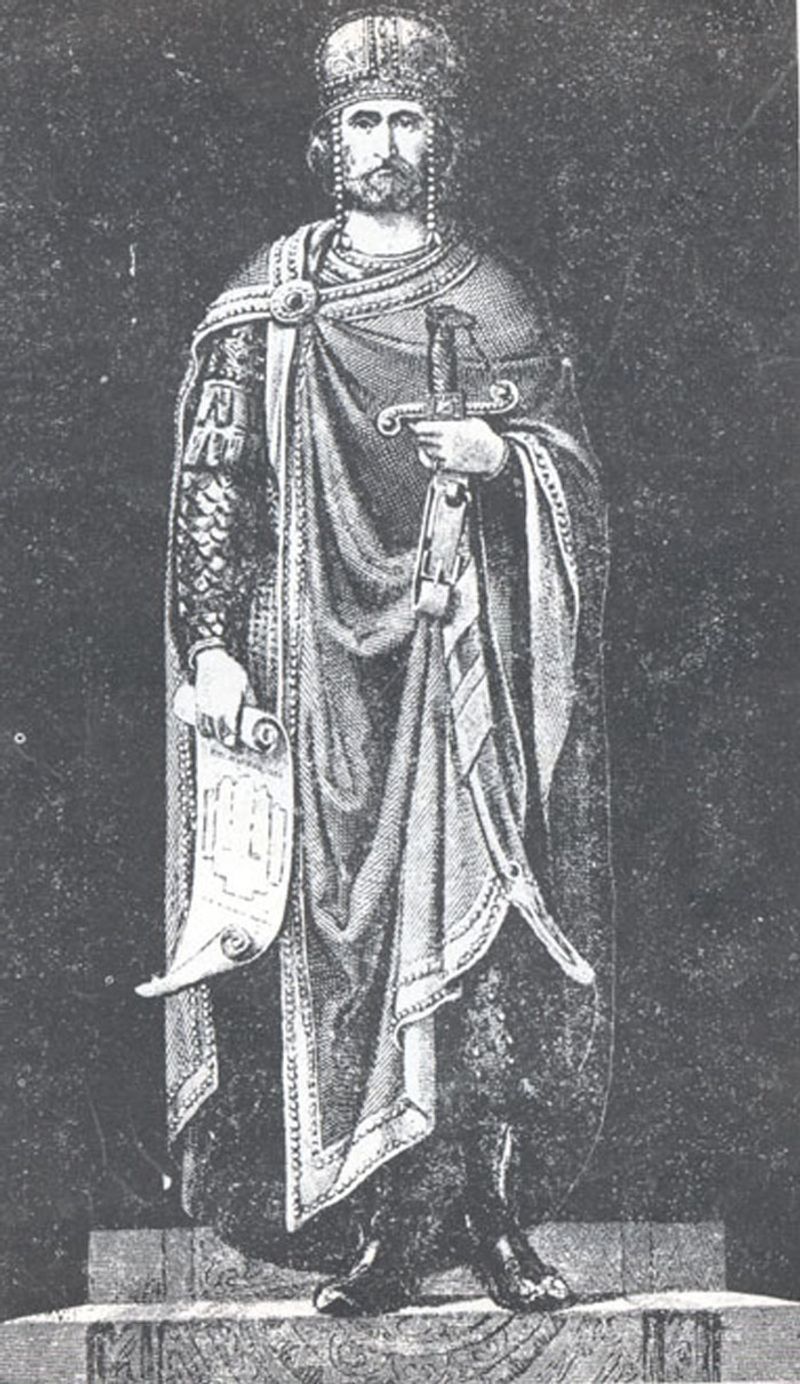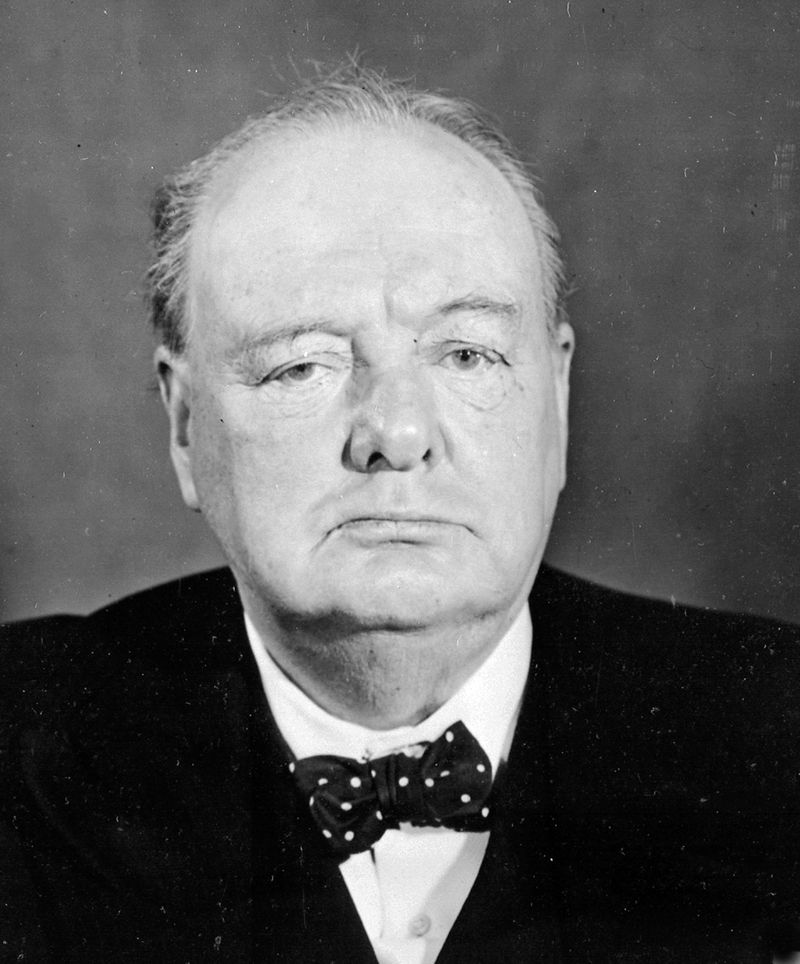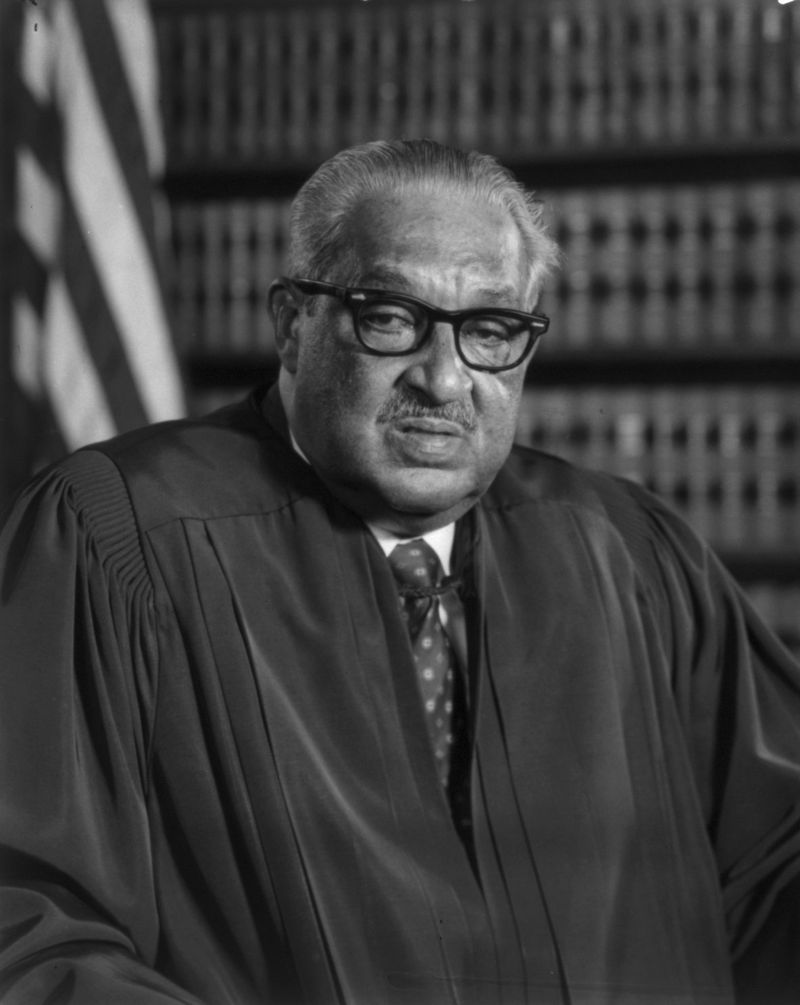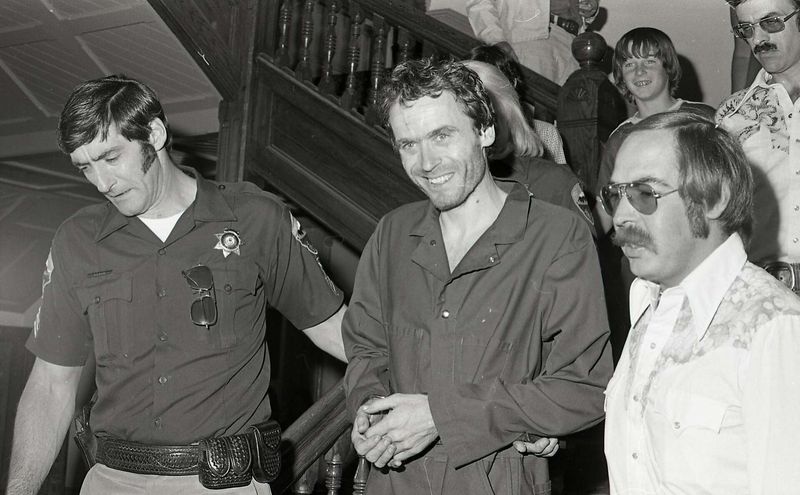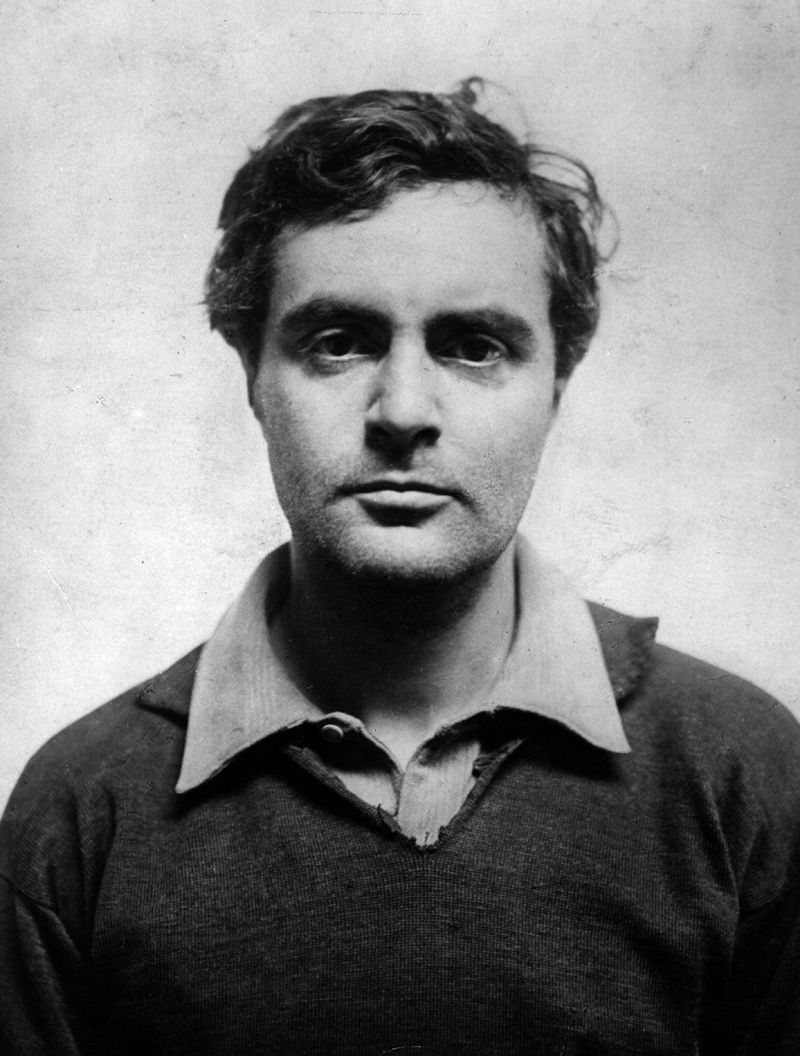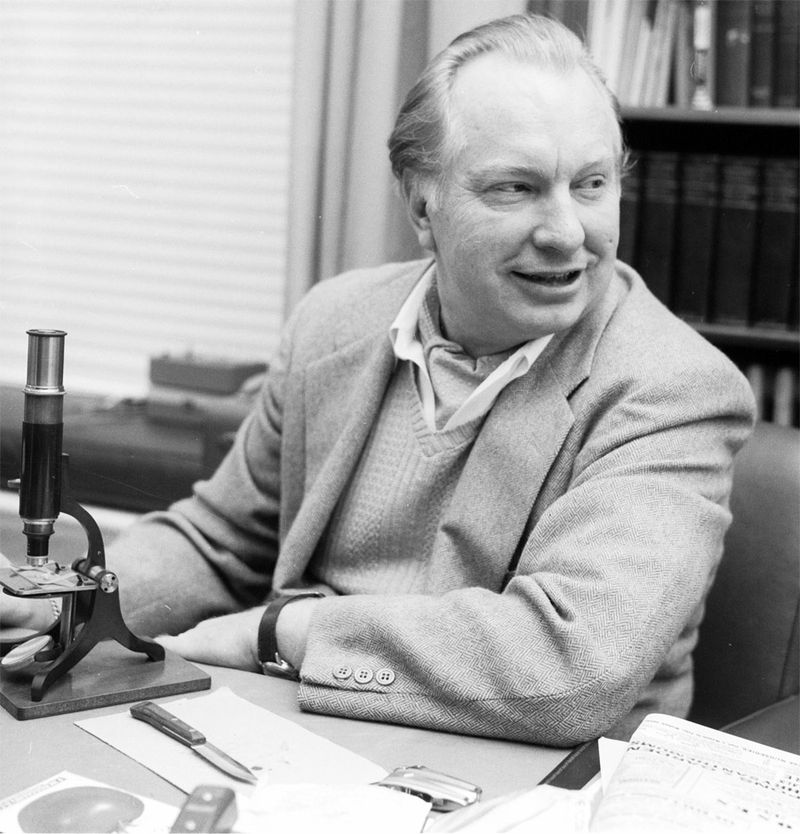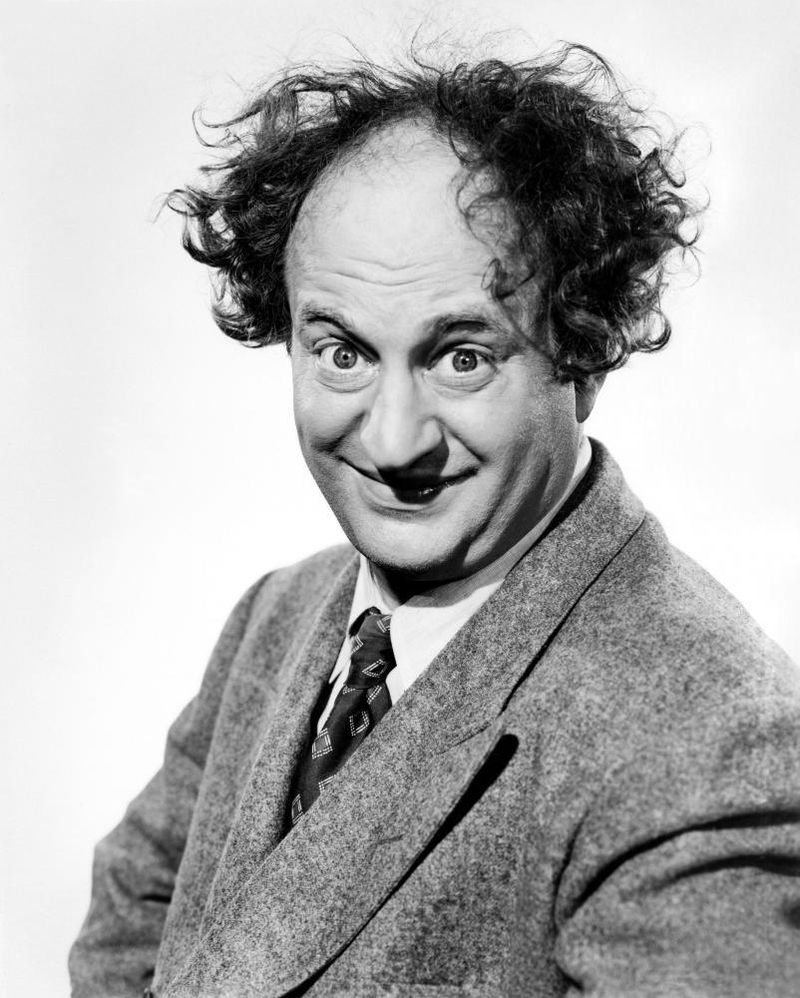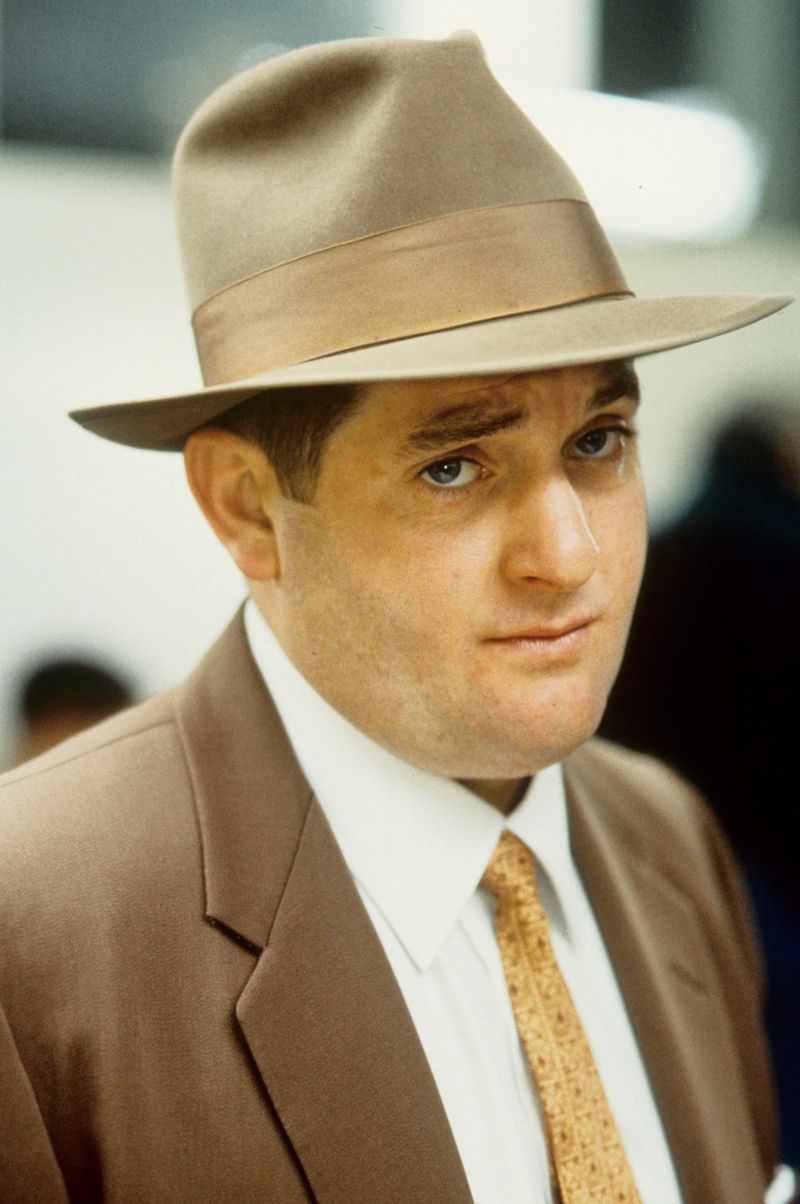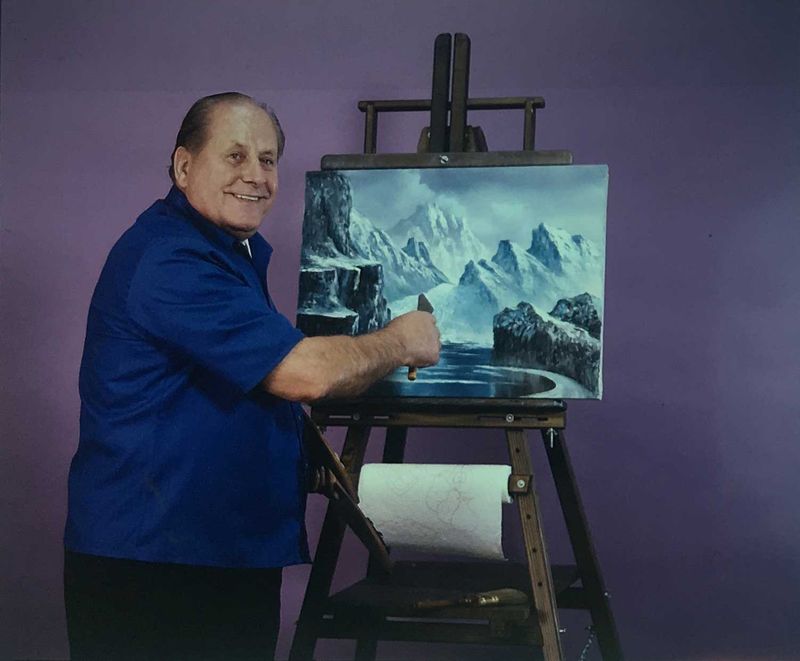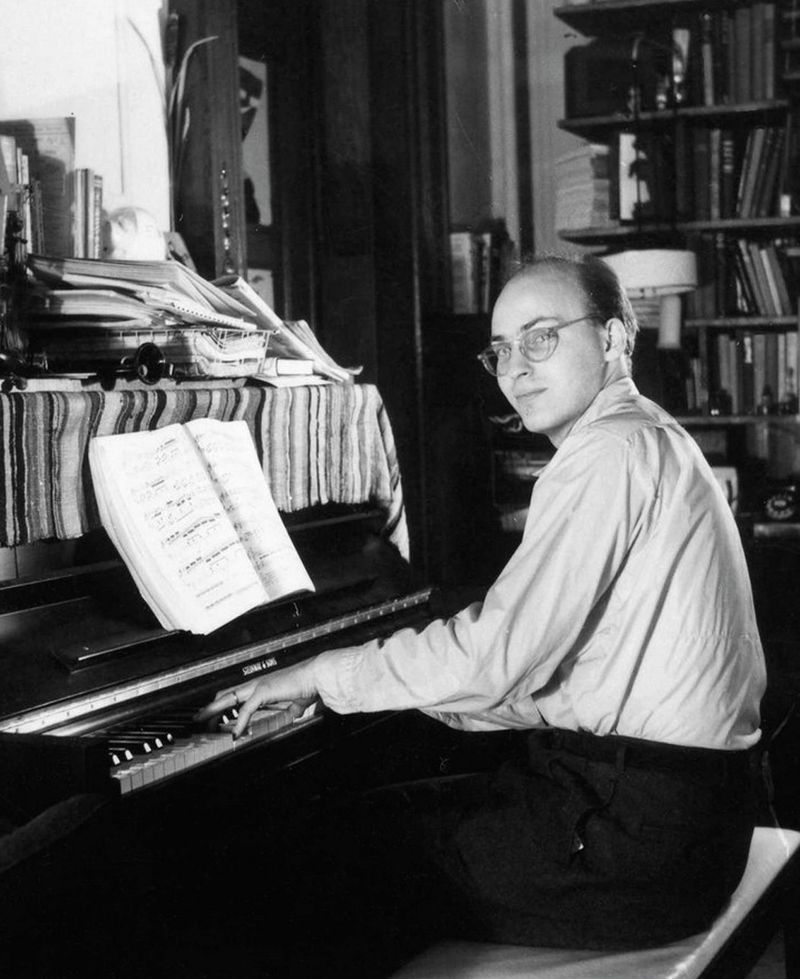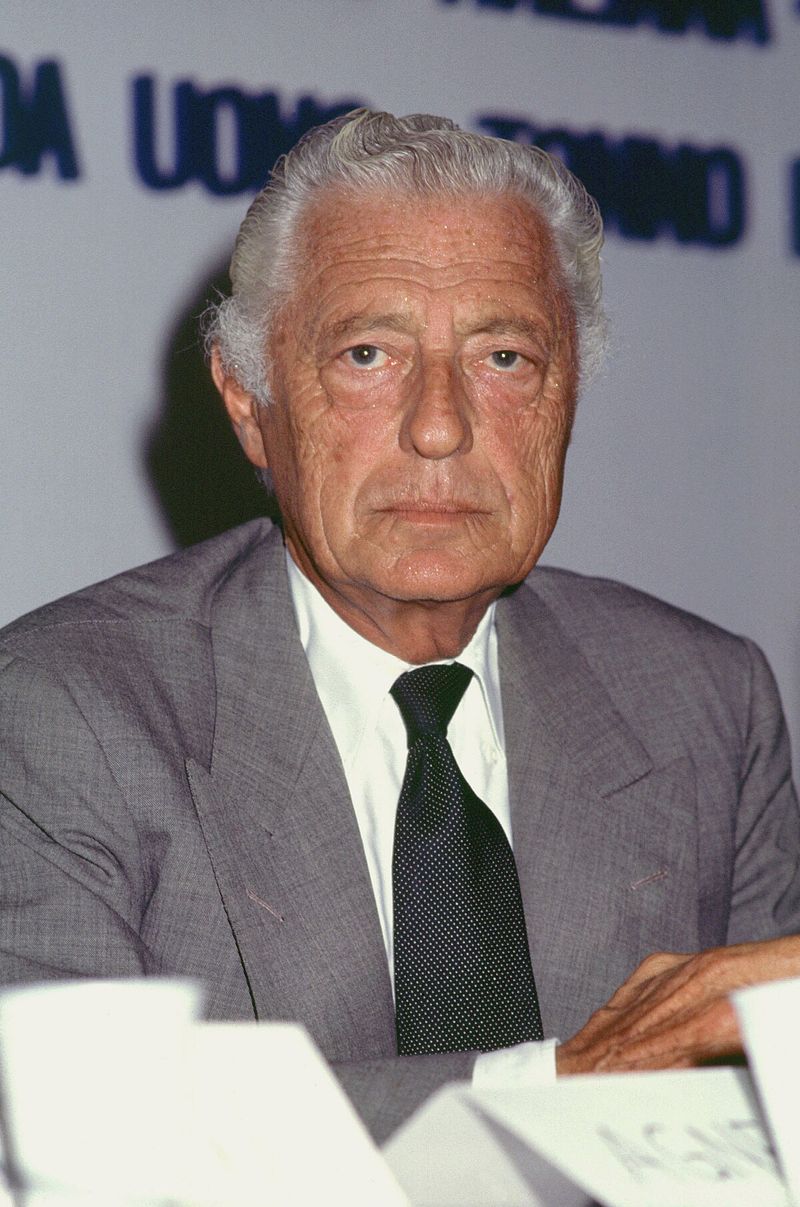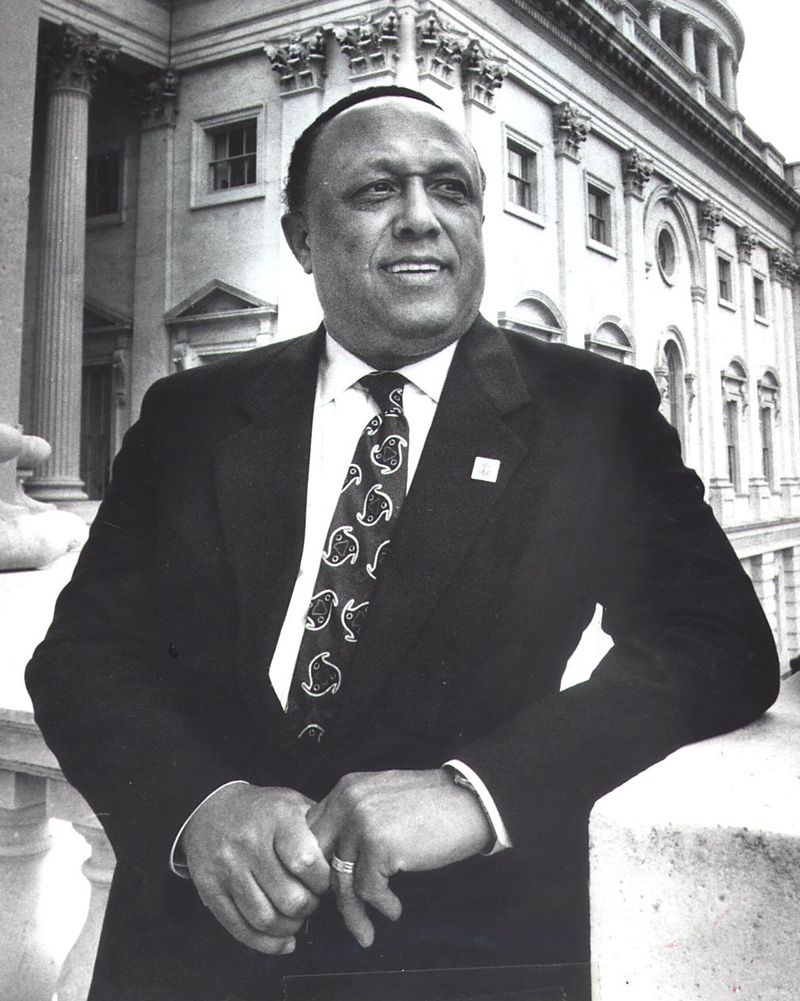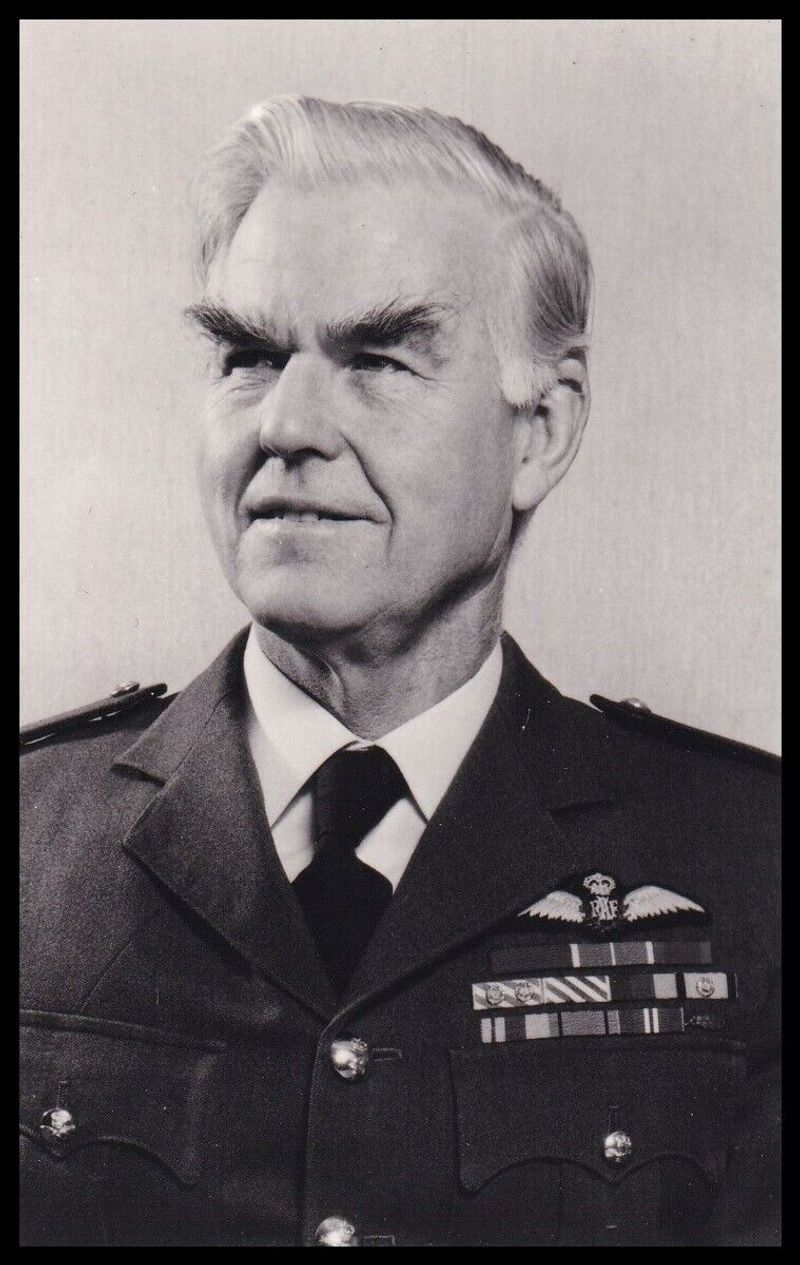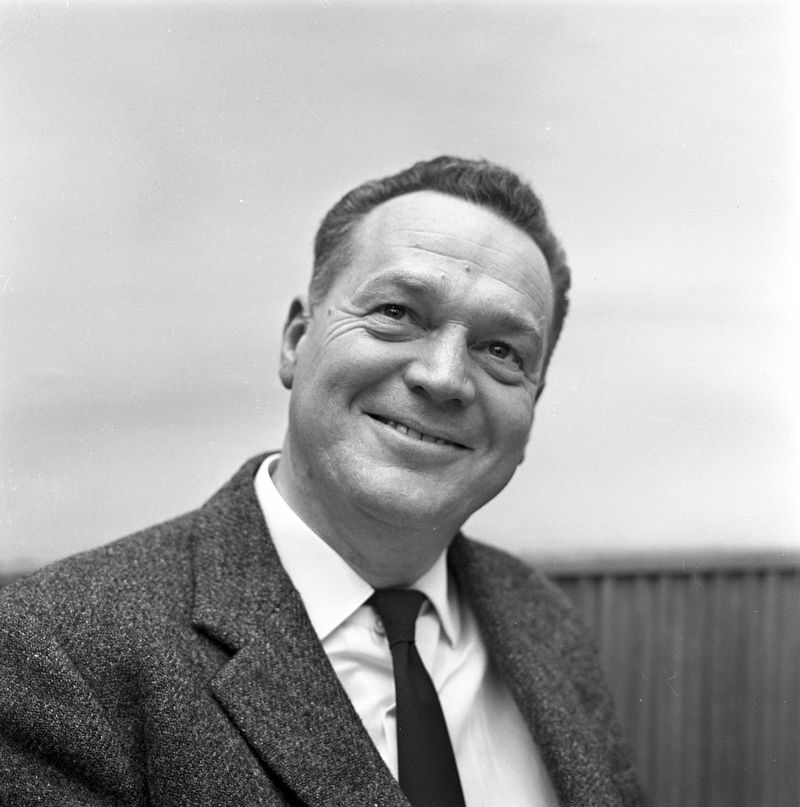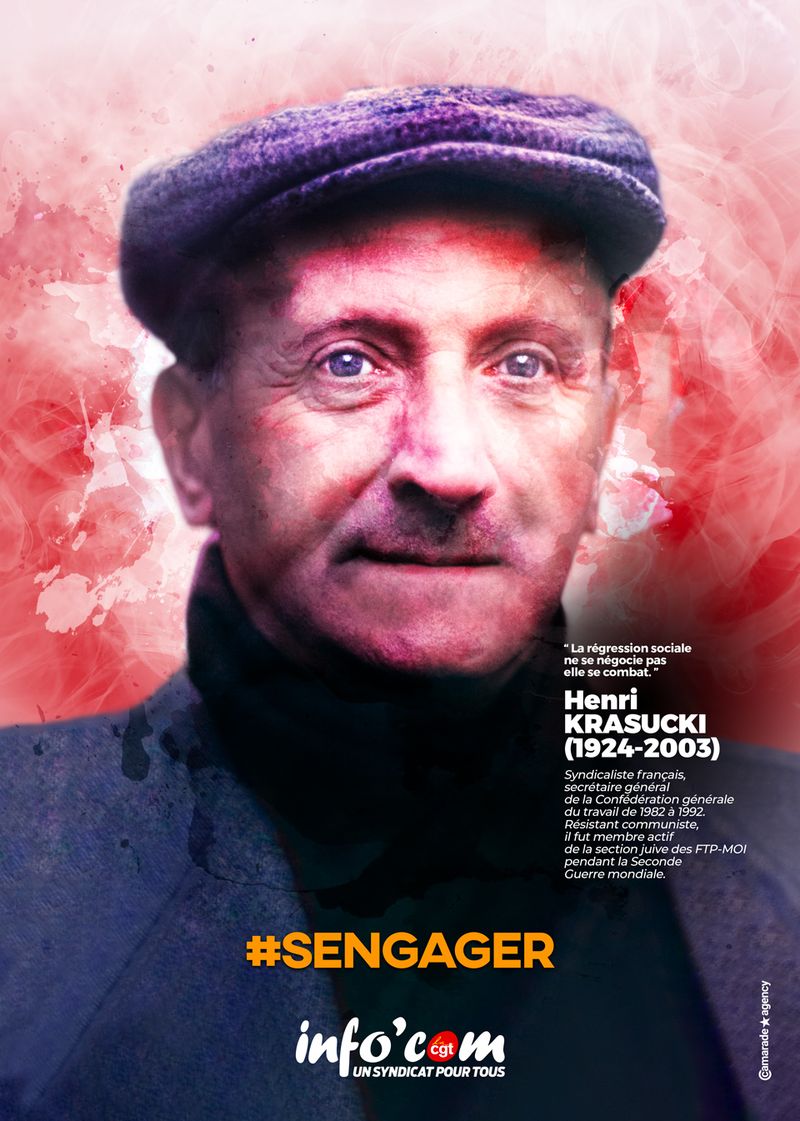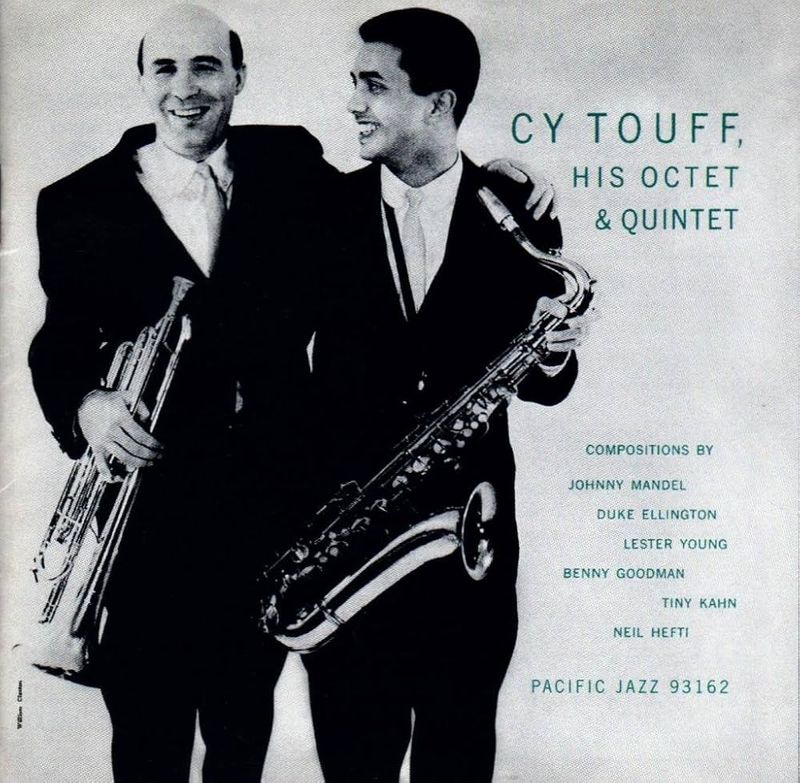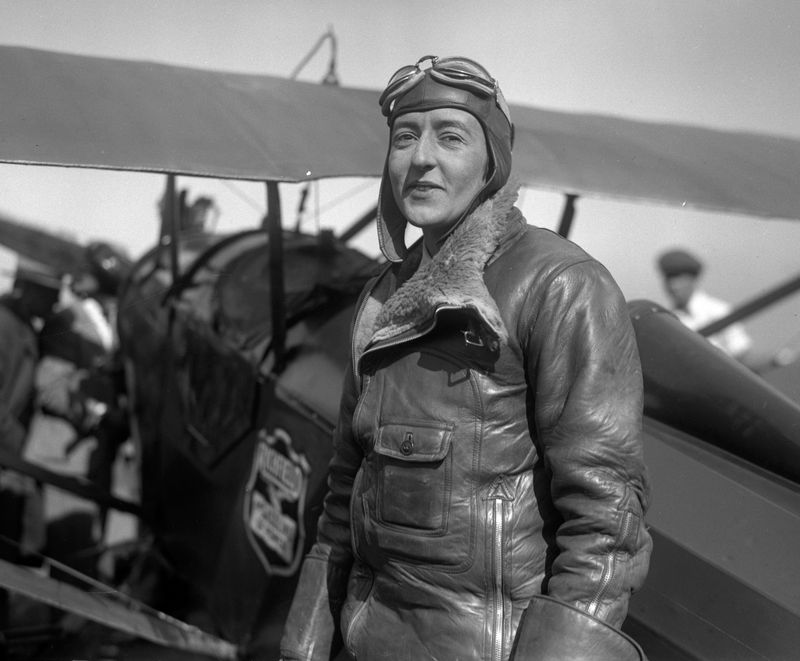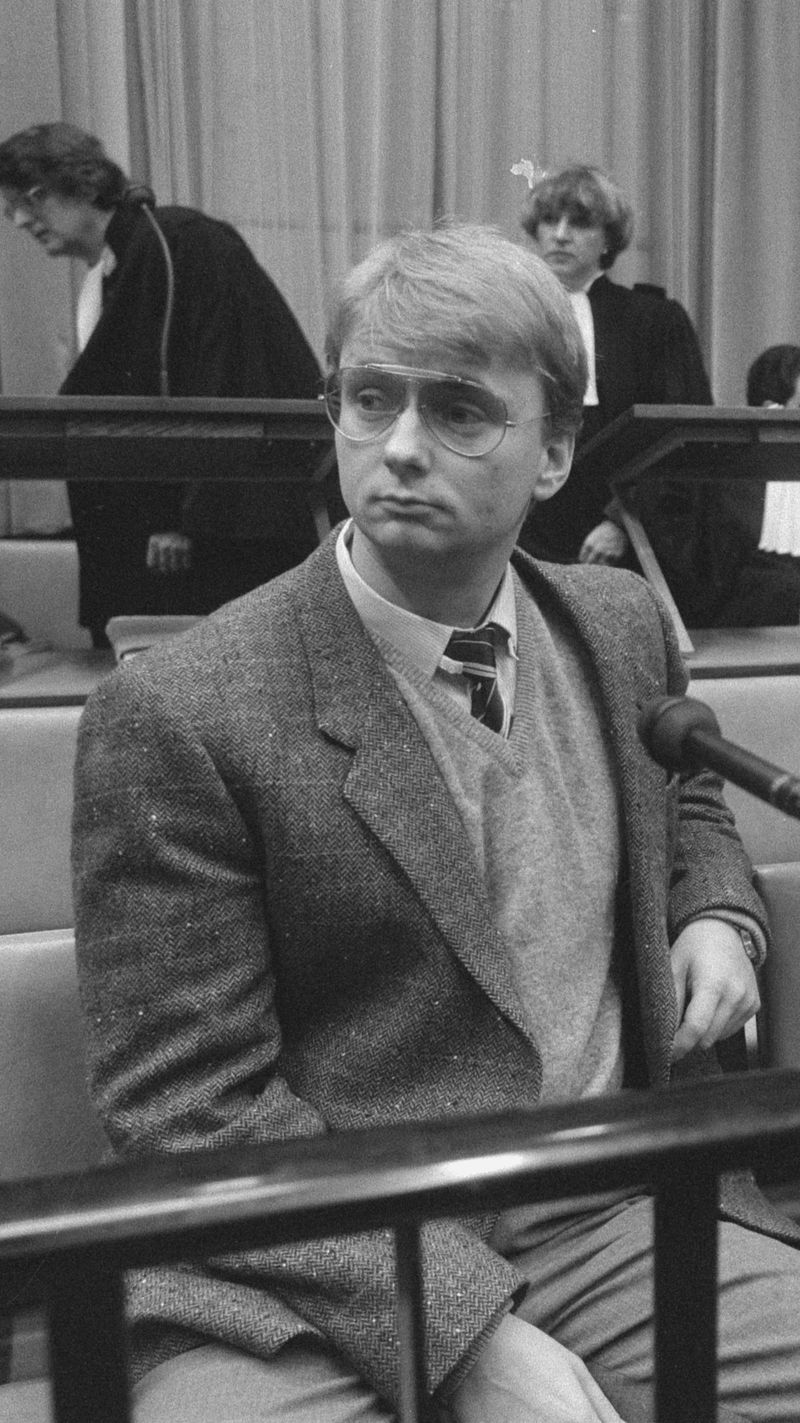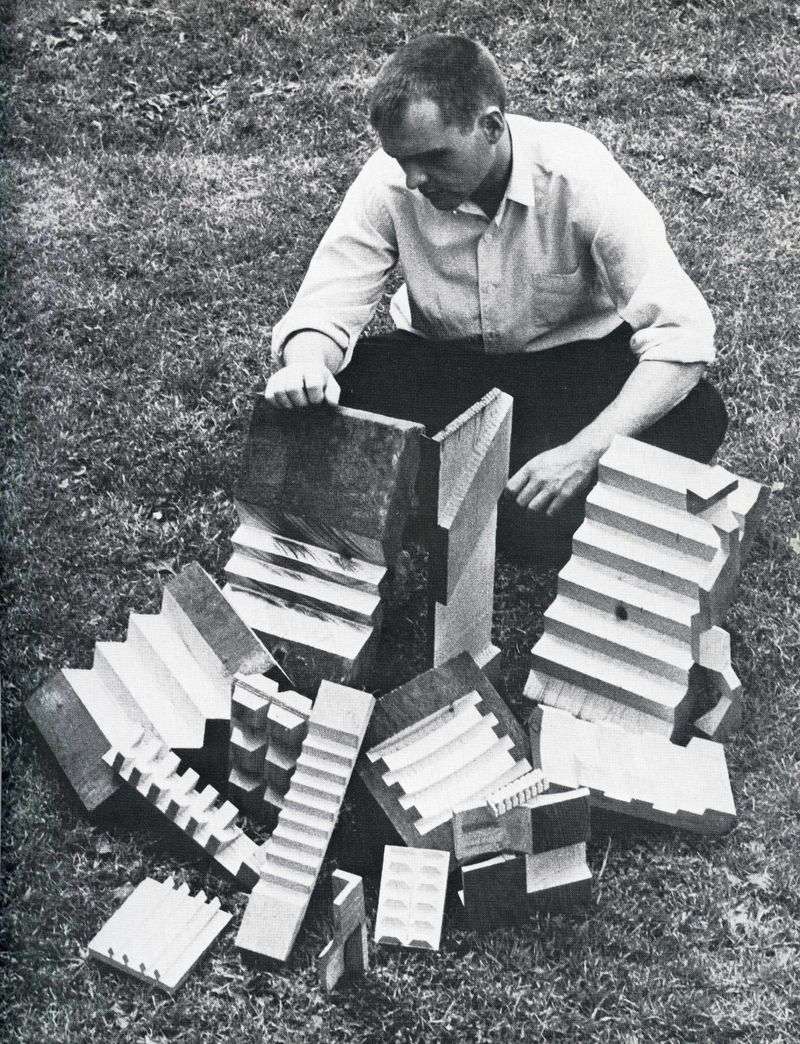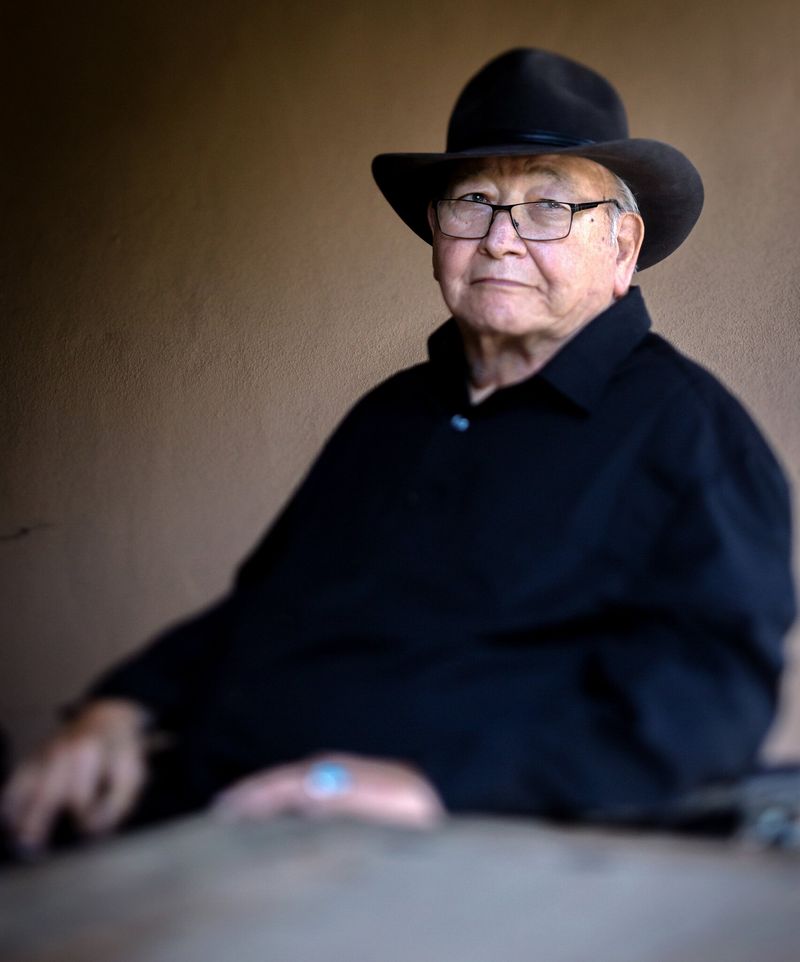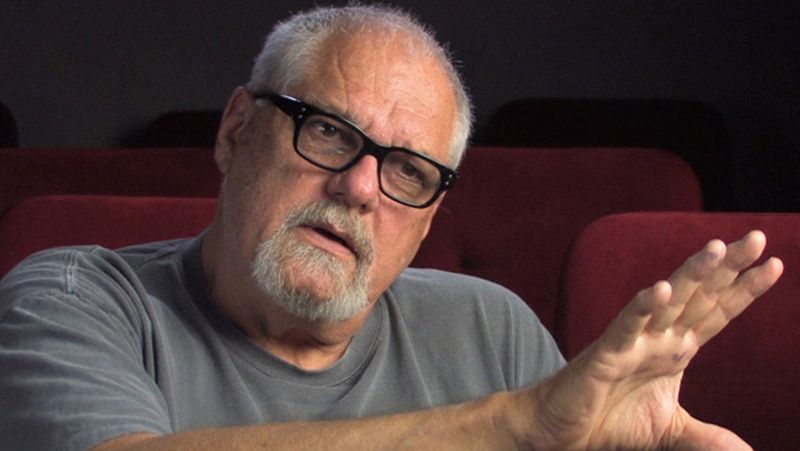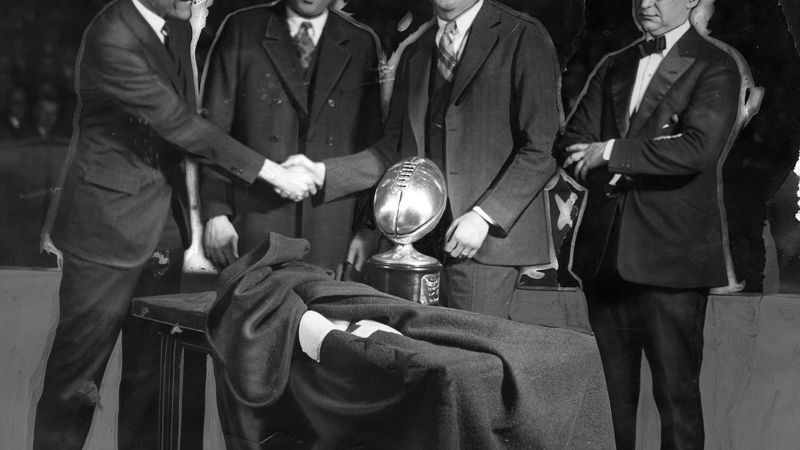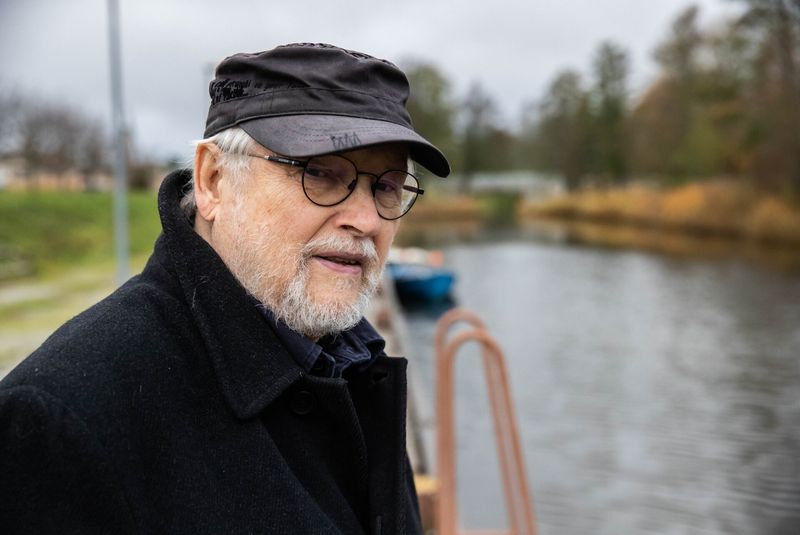Throughout history, January 24 has been a date marked by the passing of many influential figures. From leaders and innovators to artists and thinkers, these individuals left lasting legacies in their respective fields.
This blog post explores the lives and contributions of 28 such figures, each with a unique story and impact.
1. Caligula (12–41 AD)
Caligula, the 3rd Roman Emperor, is remembered for his eccentricity and cruel despotism. Born Gaius Julius Caesar Augustus Germanicus, he succeeded Tiberius in 37 AD.
Caligula’s rule was marked by extravagant projects and controversial decisions, often perceived as tyrannical. Despite his initial popularity, his reign soon descended into chaos.
His leadership style was characterized by erratic behavior, which included declaring himself a living god.
These actions alienated the Roman Senate and eventually led to his assassination in 41 AD. Caligula’s legacy remains a cautionary tale of absolute power and its potential for corruption.
2. Stephen III (720–772)
Pope Stephen III served as the head of the Catholic Church from 768 until his death in 772.
Born in Sicily, he ascended to the papacy during a turbulent time marked by political strife within the church. His leadership was crucial in navigating these challenges.
Stephen III is notably remembered for opposing the Lombards, who threatened the Papal States. His efforts to stabilize the church internally were complemented by fostering alliances, particularly with the Franks.
Despite the brevity of his papacy, Stephen III’s diplomatic skills left a lasting impact on the church’s political landscape.
3. Stefanus IV (770–817)
Stefanus IV, also known as Pope Stephen IV, served as pope from 816 to 817. Born into a prominent Roman family, he was well-regarded for his piety and dedication to the church. His papacy, though short-lived, was marked by significant events.
One of his notable achievements was the coronation of Louis the Pious as Emperor. This act strengthened the relationship between the papacy and the Frankish Empire.
Stefanus IV’s commitment to church reform and his diplomatic acumen underscored his tenure, although his time as pope was brief due to his untimely death.
4. David IV of Georgia (1073–1125)
David IV of Georgia, also known as David the Builder, was a celebrated king whose reign marked a golden age for Georgia. Ascending the throne in 1089, he implemented sweeping reforms that modernized the state’s military, economy, and culture.
David IV is best remembered for his military successes against the Seljuk Turks, recapturing key territories and fortifying Georgia’s borders.
His commitment to the arts and education fostered a cultural renaissance, leaving a profound legacy in Georgian history. Through strategic alliances and visionary leadership, David IV’s reign remains a pivotal period in the nation’s development.
5. Winston Churchill (1874–1965)
Sir Winston Churchill, the indomitable British Prime Minister, led the United Kingdom through the tumultuous years of World War II.
Born into an aristocratic family, Churchill’s early career spanned journalism, military service, and politics. His leadership during the war is legendary.
Churchill’s speeches inspired a nation, reinforcing British resolve against Nazi Germany. His strategic foresight and alliances with global leaders were instrumental in the Allied victory.
Beyond wartime leadership, Churchill’s legacy includes his contributions to literature, earning him a Nobel Prize. His indelible impact on British history is celebrated worldwide, embodying resilience and determination.
6. Thurgood Marshall (1908–1993)
Thurgood Marshall was a pioneering figure in American civil rights as the first African-American U.S. Supreme Court Justice. Born in Baltimore, he faced racial adversity and dedicated his life to fighting segregation and inequality.
As a lawyer, Marshall argued several landmark cases, including Brown v. Board of Education, which ended racial segregation in public schools.
Appointed to the Supreme Court in 1967, he championed civil rights and social justice throughout his tenure. Marshall’s unwavering commitment to equality and justice paved the way for future generations, solidifying his place in history as a transformative legal mind.
7. Ted Bundy (1946–1989)
Ted Bundy was an infamous American serial killer whose crimes shocked the nation in the 1970s and 1980s. Born Theodore Robert Bundy, his charming demeanor masked a darker nature.
Operating across multiple states, Bundy confessed to the murder of over 30 young women, though the true number remains unknown. His escape from custody and subsequent recapture captivated the media and public.
Bundy’s trial was one of the first to be televised, drawing massive attention. Executed in 1989, his case continues to be studied as a complex psychological and criminological phenomenon, highlighting the dangers of sociopathy.
8. Amedeo Modigliani (1884–1920)
Amedeo Modigliani was an Italian painter and sculptor, renowned for his distinctive modern style. Born in Livorno, Italy, Modigliani moved to Paris, where he became part of the avant-garde art scene.
His elongated figures and portraits, marked by graceful lines and emotional depth, set him apart from his contemporaries. Despite a brief career cut short by illness, Modigliani’s work gained posthumous acclaim.
His art reflects a fusion of influences, from African sculpture to Italian Renaissance. Today, Modigliani’s legacy endures, with his pieces celebrated for their unique beauty and profound emotional resonance.
9. L. Ron Hubbard (1911–1986)
L. Ron Hubbard, the founder of Scientology, was a prolific author and controversial figure. Born in Nebraska, his early career was marked by prolific writing, producing numerous science fiction and fantasy works.
In 1950, he published “Dianetics,” a book proposing methods to achieve mental well-being, leading to the creation of Scientology. Despite significant criticism and legal battles, Hubbard built an expansive religious movement.
His teachings continue to attract followers worldwide, while debate over Scientology’s practices persists. Hubbard’s legacy is a complex mix of devoted adherents, legal controversies, and a lasting impact on modern religious movements.
10. Larry Fine (1902–1975)
Larry Fine was a beloved American comedian best known as a member of the iconic trio, The Three Stooges. Born Louis Feinberg in Philadelphia, his career in entertainment spanned vaudeville, film, and television.
Known for his distinctive frizzy hair and comedic timing, Fine’s antics brought laughter to audiences worldwide. Alongside Moe Howard and Curly Howard, The Three Stooges became a cultural phenomenon, known for their slapstick humor.
Fine’s dedication to comedy endured through personal and professional challenges, ensuring The Three Stooges’ enduring popularity. His legacy lives on in the joy and laughter he brought to countless fans.
11. Chris Penn (1965–2006)
Chris Penn was an American actor acclaimed for his versatility and intensity on screen. Born in Los Angeles, Penn hailed from a family with deep roots in the entertainment industry, including his brother, Sean Penn.
His performances in films like “Reservoir Dogs” and “Footloose” showcased his ability to portray complex characters. Penn’s career was marked by critically acclaimed roles that demonstrated his range and depth.
Despite personal struggles, his dedication to his craft was evident in his memorable performances. Chris Penn’s legacy in Hollywood is defined by his talent, leaving an indelible mark on film history.
12. William Alexander (1915–1997)
William Alexander was a German painter and television host who brought the joy of painting to millions. Born in East Prussia, Alexander developed a passion for art early in life.
Emigrating to the United States, he became known for his PBS television show, “The Magic of Oil Painting,” where he taught viewers to paint using his unique “wet-on-wet” technique.
Alexander’s enthusiasm and approachable style endeared him to audiences, inspiring countless amateur artists. His legacy continues through his art and influence, with many students and viewers finding joy and creativity in painting, guided by his teachings.
13. Aloysius Pang (1990–2019)
Aloysius Pang was a promising Singaporean actor whose career was tragically cut short. Born and raised in Singapore, Pang showed a passion for acting from a young age.
He rose to prominence with roles in television dramas and films, earning acclaim for his charismatic performances and versatility. Pang’s potential for a bright future in the entertainment industry was evident, as he continued to captivate audiences.
His untimely death during military reservist training was a shock to fans and the industry alike. Aloysius Pang’s legacy lives on through his memorable performances and the impact he had on viewers.
14. Mark E. Smith (1957–2018)
Mark E. Smith was the enigmatic frontman of the British post-punk band, The Fall. Born in Salford, England, Smith’s career spanned over four decades, making him a seminal figure in the music industry.
Known for his distinctive vocal style and uncompromising artistic vision, Smith led The Fall through numerous lineup changes, maintaining its unique sound. His lyrics often reflected sharp wit and social commentary, resonating with fans worldwide.
Smith’s influence extended beyond music, impacting the broader cultural landscape. Despite his passing, Mark E. Smith’s legacy endures through his extensive discography and profound impact on post-punk music.
15. Marvin Minsky (1927–2016)
Marvin Minsky was a pioneering figure in the field of artificial intelligence, whose work laid the foundation for modern AI research. Born in New York City, Minsky’s passion for science and technology was evident from a young age.
At MIT, he co-founded the Artificial Intelligence Laboratory, contributing groundbreaking theories and inventions. Minsky’s interdisciplinary approach, merging computer science with cognitive psychology, revolutionized AI.
His books and teachings continue to inspire new generations of researchers. Marvin Minsky’s legacy is a testament to his visionary thinking, shaping the future of technology and our understanding of human intelligence.
16. Gianni Agnelli (1921–2003)
Gianni Agnelli was an iconic Italian entrepreneur and president of Fiat, known for his charismatic leadership and influential role in the automotive industry. Born into the illustrious Agnelli family, he took on leadership at Fiat in the 1960s.
Under his guidance, Fiat expanded globally, becoming a major player in the automotive market. Agnelli’s strategic vision and flair for innovation positioned Fiat as a leader in car manufacturing.
Beyond business, he was a cultural icon, admired for his style and philanthropy. Gianni Agnelli’s legacy is one of innovation, elegance, and a lasting impact on the global automotive industry.
17. Lucien E. Blackwell (1931–2003)
Lucien E. Blackwell was a dedicated American politician known for his service as a U.S. Representative for Pennsylvania’s 2nd congressional district. Born in Philadelphia, Blackwell’s career was marked by a commitment to social justice and community advocacy.
As a congressman, he championed issues such as housing, labor rights, and economic development. Blackwell’s leadership extended to local government, where he served as a city councilman and fostered initiatives benefiting his constituents.
His legacy is defined by his unwavering dedication to public service, ensuring the voices of his community were heard and respected at all levels of government.
18. Ivor Broom (1920–2003)
Air Marshal Ivor Broom was a distinguished British air force officer and bomber pilot during World War II. Born in Cardiff, Wales, Broom’s military career showcased his bravery and leadership.
Flying numerous combat missions, he played a critical role in the Allied war effort. Post-war, Broom continued to serve in various leadership positions within the Royal Air Force, contributing to its development and modernization.
His dedication to service and country earned him numerous accolades. Ivor Broom’s legacy as a heroic pilot and leader is remembered in the annals of military history, exemplifying courage and commitment.
19. Rolf Kirkvaag (1920–2003)
Rolf Kirkvaag was a prominent Norwegian journalist, radio, and TV personality, known for his dynamic presence in media. Born in Oslo, Kirkvaag’s career spanned several decades, making him a household name in Norway.
His work in radio and television was characterized by versatility and a keen ability to connect with audiences. Kirkvaag’s influential voice and engaging style made him a beloved figure, shaping the landscape of Norwegian broadcasting.
Beyond his professional achievements, he was admired for his charisma and dedication to his craft. Rolf Kirkvaag’s legacy as a media pioneer continues to inspire broadcasters today.
20. Henri Krasucki (1924–2003)
Henri Krasucki was a notable French trade-unionist and secretary-general of the General Confederation of Labour. Born to Polish immigrant parents in Paris, Krasucki’s early life was marked by resistance against Nazi occupation during World War II.
His leadership in the labor movement was defined by a staunch commitment to workers’ rights and social justice.
Krasucki played a pivotal role in numerous labor strikes and negotiations, advocating for fair wages and better working conditions. His legacy is recognized for his tireless efforts in improving the lives of French workers and his enduring impact on the labor movement.
21. Cy Touff (1927–2003)
Cy Touff was an American jazz musician, celebrated for his skill as a bass trumpeter. Born in Chicago, Touff became an influential figure in the world of jazz, renowned for his distinctive sound and musical innovation.
His collaborations with prominent jazz musicians and bands showcased his versatility and talent. Touff’s contributions to the West Coast jazz scene, particularly in the 1950s and 1960s, helped shape its unique sound.
His dedication to his craft and ability to adapt to changing musical trends ensured his place in jazz history. Cy Touff’s legacy endures through his recordings and influence on future jazz musicians.
22. Bobbi Trout (1906–2003)
Bobbi Trout was an American pioneer aviator, celebrated for her contributions to early aviation. Born in Illinois, Trout developed a passion for flying at a young age, becoming one of the first women to achieve significant milestones in aviation.
Her record-setting endurance flights and participation in air races broke barriers for women pilots. Trout’s advocacy for women’s roles in aviation extended beyond flying, as she inspired future generations of female aviators.
Her legacy is marked by courage and a trailblazing spirit, paving the way for women in a male-dominated field and leaving an indelible mark on aviation history.
23. Cor van Hout (1957–2003)
Cor van Hout was a notorious Dutch criminal known for orchestrating the kidnapping of Freddy Heineken, the beer magnate, in 1983. Born in Amsterdam, van Hout’s criminal career was marked by high-profile crimes and a reputation for boldness.
The Heineken kidnapping became one of the most infamous crimes in Dutch history, resulting in a large ransom and extensive police investigation.
Despite his criminal activities, van Hout was a complex figure, often seen as charismatic by those who knew him. His legacy is a cautionary tale of crime and consequence, illustrating the impact of organized crime on society.
24. Carl Andre (1935–2024)
Carl Andre was an American sculptor, recognized as a pioneer of Minimalism in art. Born in Quincy, Massachusetts, his innovative use of industrial materials and spatial design challenged traditional art forms.
Andre’s work focused on simplicity and the relationship between art and space, often using materials like bricks and metal plates arranged on gallery floors.
His contributions significantly influenced the minimalist movement, leading to widespread recognition in the art world.
Despite controversies surrounding his personal life, Andre’s impact on modern sculpture remains profound. His legacy endures through his art, which continues to provoke thought and redefine artistic expression.
25. N. Scott Momaday (1934–2024)
N. Scott Momaday was a distinguished Native American author, celebrated for his contributions to literature. Born in Oklahoma, Momaday’s heritage and cultural background profoundly influenced his work.
He won the Pulitzer Prize for Fiction in 1969 for his novel “House Made of Dawn,” a landmark achievement in Native American literature.
Momaday’s writing, characterized by its lyrical prose and exploration of identity, contributed to the broader understanding of Native American culture.
His legacy as a storyteller and educator continues to inspire readers and writers, preserving cultural narratives and enriching American literature.
26. Rod Holcomb (1943–2024)
Rod Holcomb was an acclaimed American television director and producer, renowned for his work on numerous successful TV shows. Born in San Diego, California, Holcomb’s career in television spanned decades, earning him industry recognition.
He directed and produced popular series such as “ER” and “Lost,” showcasing his ability to create compelling narratives and engaging visuals. Holcomb’s talent earned him several awards, including an Emmy for his exceptional contributions to television.
His legacy is defined by his innovative storytelling and dedication to his craft, influencing the evolution of television production and inspiring future generations of directors.
27. Howard Golden (1925–2024)
Howard Golden was a prominent American lawyer and political figure, serving as the borough president of Brooklyn for several terms. Born in Brooklyn, New York, Golden dedicated his life to public service and community development.
His leadership focused on urban renewal, improving public services, and fostering economic growth in Brooklyn. Golden’s advocacy for affordable housing and education reforms left a lasting impact on the borough’s development.
Beyond his political career, he was known for his approachable nature and commitment to his constituents. Howard Golden’s legacy is celebrated for his contributions to Brooklyn’s transformation and community well-being.
28. Väino Uibo (1943–2024)
Väino Uibo was an esteemed Estonian actor and politician, known for his contributions to the arts and public service. Born in Estonia, Uibo’s career spanned acting in theater and film, as well as serving as mayor of Elva.
His performances captivated audiences, earning him acclaim in the Estonian arts community. As mayor, Uibo focused on cultural enrichment and community development, fostering a vibrant local environment.
His legacy is characterized by his dedication to both his artistic endeavors and civic duties, leaving a lasting impact on Estonian culture and society. Väino Uibo’s multifaceted contributions continue to inspire.
